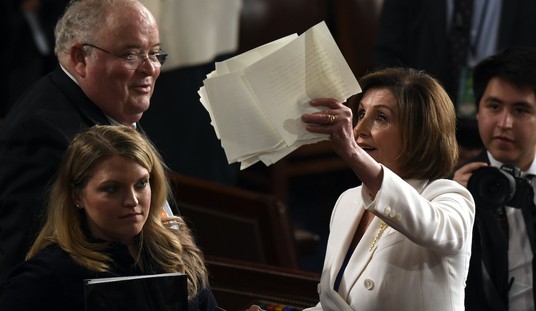Clinging tight to a general mainstream media theme, The Washington Post, quoting “outside sources”, said the most important question before tech giants testifying before Congress today was whether or not there was evidence of Russian collusion with the Trump campaign.
The most important unanswered question going into the hearing, outside experts said, is whether the tech companies have evidence that might substantiate allegations that the Russians colluded with Donald Trump’s political campaign, which made Facebook in particular a focus of its election efforts in 2016. Trump and his campaign officials have repeatedly denied allegations of collusion, but questions about the role played by Russia are at the heart of investigations by Capitol Hill and Special Counsel Robert S. Mueller III, whose first round of charges against Trump campaign figures were unsealed Monday.
The Russian collusion narrative is weakening, but that didn’t stop WaPo from stressing it. A different, arguably more responsible, angle to have taken would have been the one emphasizing Russia’s non-partisan attempts to infiltrate and undermine the American Democratic system as suggested by Sen. Charles Grassley (R-Iowa) at Tuesday’s hearing.
[Grassley] said that his staff’s review of the 3,000 Russian-bought ads on Facebook suggests that most sought to sow discord around sensitive social issues, not try to convince Americans to vote for either Trump or Democrat Hillary Clinton. “Russia does not have loyalty to a political party in the United States. The goal is to discredit our democracy and divide us,” Grassley said.
Facebook revealed that as many as 126 million of that platform’s users could possibly had seen Russian content. Twitter noted their discovery of 2,752 Russian-controlled accounts, over 36,000 Russian bot accounts. Google said they found 1,108 Russian videos YouTube, and just under $5,000 spent on Russian search and display ads.
Despite these numbers, the social media giants — through their lawyers — were not immediately in favor of backing a bi-partisan bill seeking to regulate their content, preferring instead to offer assurances they were capable of stopping the exploitation of their platforms by foreign agents.
Colin Stretch, Facebook’s general counsel, did not answer “yes” or “no” to Klobuchar’s question about her [Honest Ads] bill. However, he said that Facebook drew on the legislation in its new policy, announced Friday, that requires anyone buying political ads to verify their identities and disclose who is paying for the ads.
“We’re not waiting for legislation,” Stretch said, adding that Facebook “stands ready to work with you on that legislation.”
Sean Edgett, Twitter’s acting general counsel, said “the same goes for Twitter.”
Richard Salgado, Google’s director of law enforcement and information security, said “we certainly support the goals of the legislation” and would like to work with lawmakers “on the nuances.”
Salgado said that Google users in the future will be able to click on an icon above an ad to find out who is sponsoring it.
“We are committed to doing our part,” he said.
The tech giants join many conservatives in their wariness of a bill that seeks to regulate political ad buys, fearing it will be ultimately be used to regulate political speech online.













Join the conversation as a VIP Member